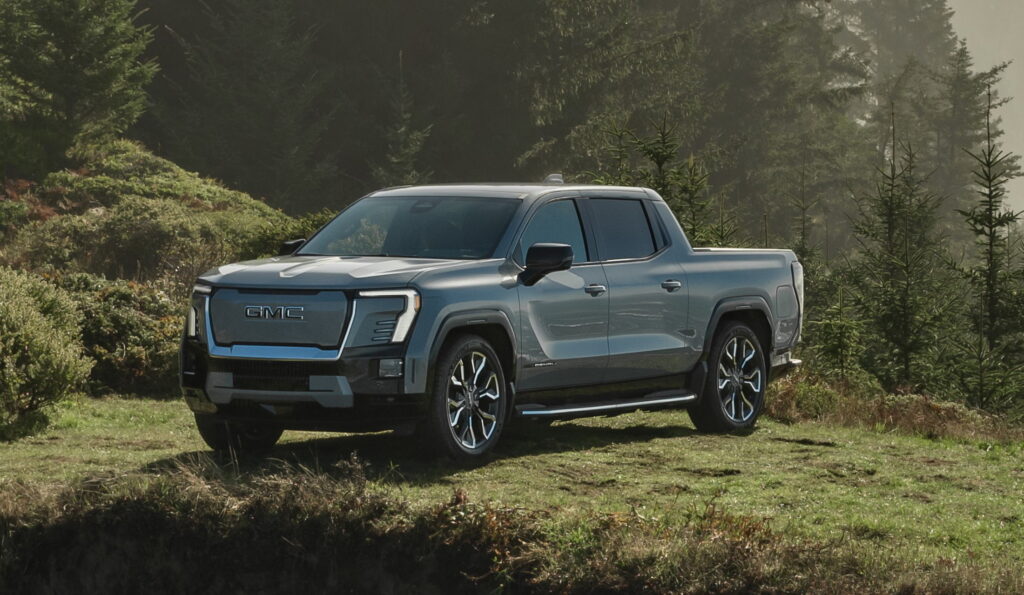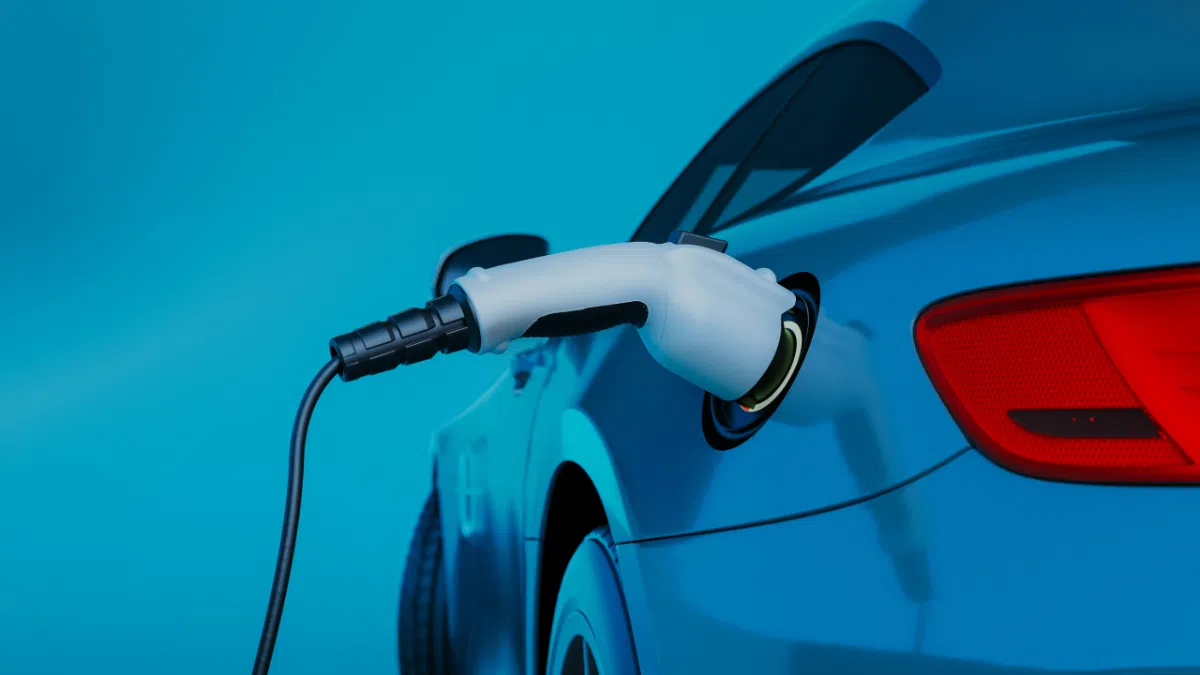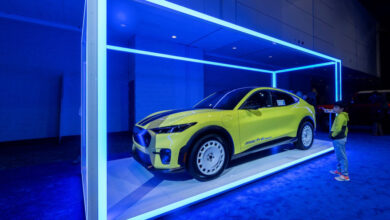Most Americans Aren’t Sold On EVs, Charging, Range, And High Costs Deter Buyers
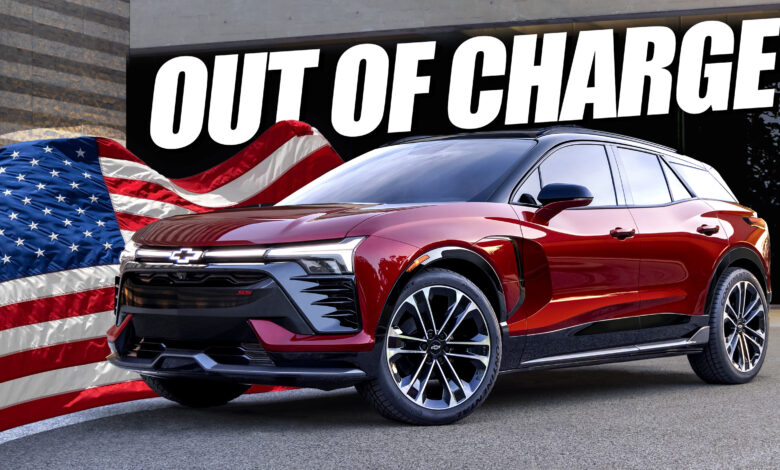
With consumers’ misgivings about EVs, President Biden’s plan to boost their sales seems overly ambitious
June 8, 2024 at 14:21
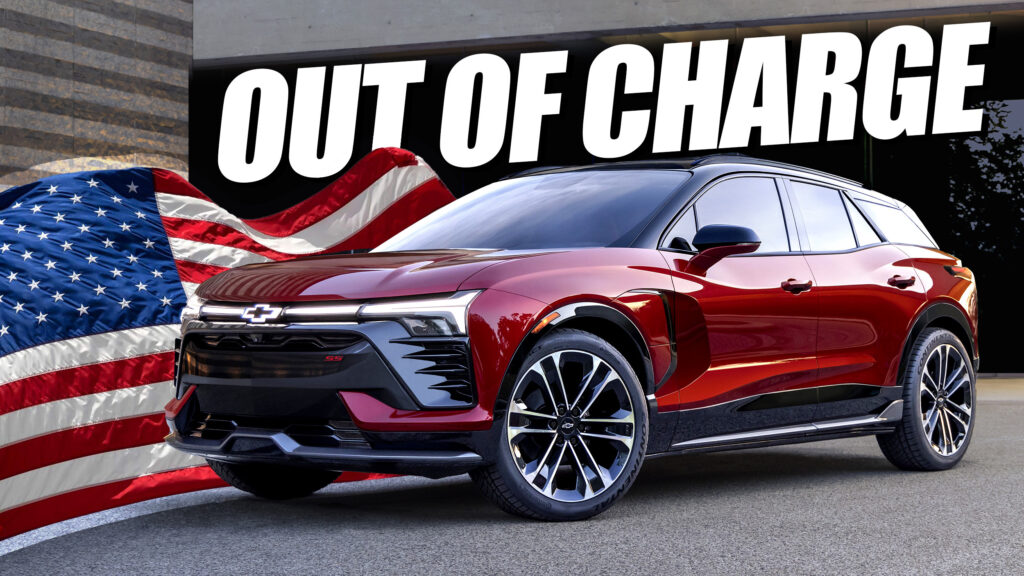
- Despite government push, many Americans remain hesitant about EV adoption.
- Lack of charging infrastructure and range anxiety are still key concerns for those in the market for a new car.
- Rural areas struggle with charger access, while cities show higher EV interest.
A new poll has revealed that most Americans have no interest in buying an electric vehicle. As expected, concerns of range anxiety remain a major factor, but it would appear that cost is also a major consideration as a lack of affordable EV options continues.
Despite the billions of dollars being pumped into the industry, there are still some significant hurdles to clear, especially if the U.S. is to meet the new Environmental Protection Agency mandate of 56% of new vehicle sales to be electric by 2032.
Read: GM CEO Says EV Shift To Happen “Over Decades”, Spokesperson Says 2035 Goal Remains
Many of those surveyed said that not living near a charger was a major barrier to purchasing an EV, with 50 percent of those living in rural areas reporting they don’t have a charger local to them. The figure drops to 40 percent for urban dwellers.
The poll, conducted by the The Associated Press-NORC Center for Public Affairs Research and the Energy Policy Institute at the University of Chicago, involving 6,265 adults, mirrors last year’s results and underscores the challenges facing President Biden’s ambitious plan to boost EV sales.
Only 13 percent of U.S. adults report owning or leasing a gas-hybrid vehicle, while a mere 9 percent do have an electric car. Caleb Jud of Cincinnati exemplifies the cautious consumer, contemplating an EV but leaning towards a plug-in hybrid. “The thought of getting stuck in the driveway with an EV that won’t run is worrisome, and I know it wouldn’t be an issue with a plug-in hybrid,” he explained, referencing concerns about EV performance in cold weather.
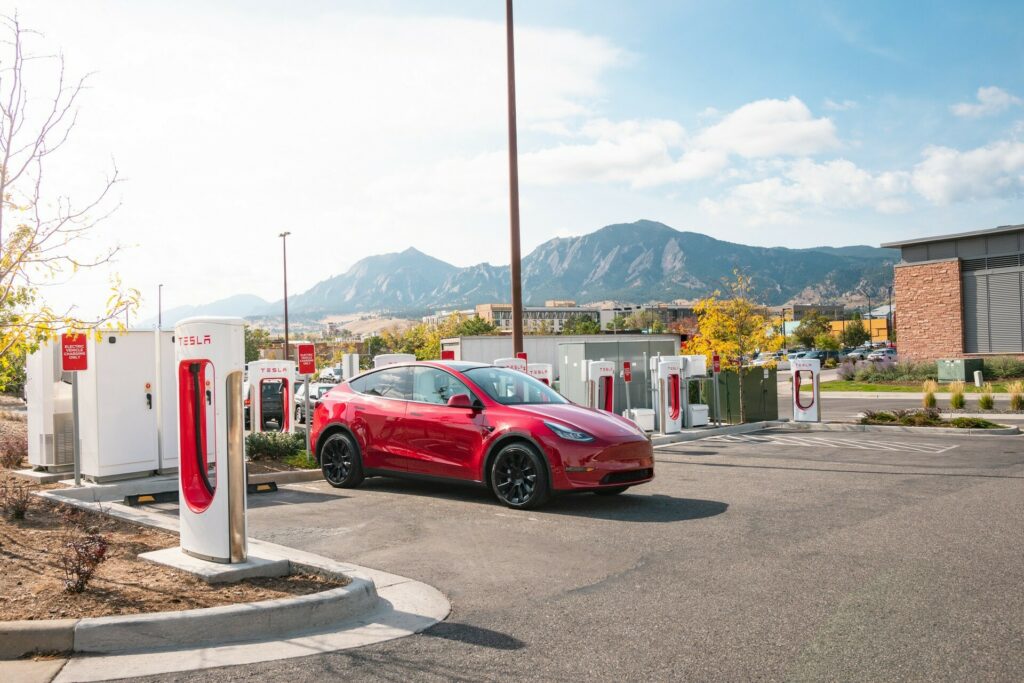
EV prices, although declining, remain a significant hurdle. The average cost for a new EV in February was $52,314, down 12.8% from the previous year but still above the average for all new vehicles, which stands at $47,244. Price is a particular concern among older adults, with nearly 6 in 10 citing it as a major reason against buying an EV.
As the debate over EV adoption continues, it’s clear that while there is interest, practical concerns and financial considerations play significant roles in consumer decisions. The road to widespread EV adoption may be longer and more complex than anticipated.
Not everyone had a downer on EVs though. Jose Valdez of San Antonio, owner of a Ford Mustang Mach-E, said: “People think they cost an arm and a leg, but once they experience an EV, they’ll have a different mindset,” said Valdez, who installed a home charger for under $700 and enjoys the cost savings on gas and maintenance.
